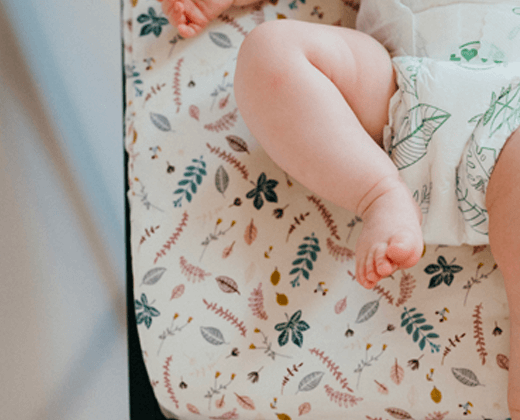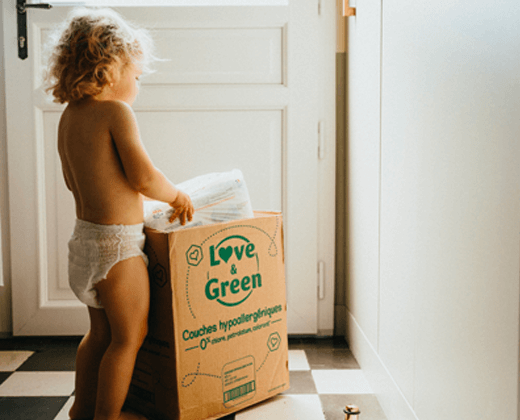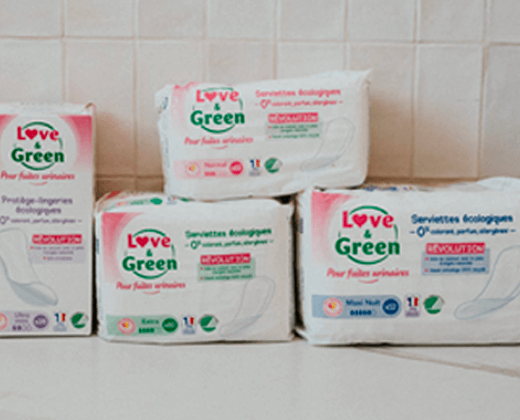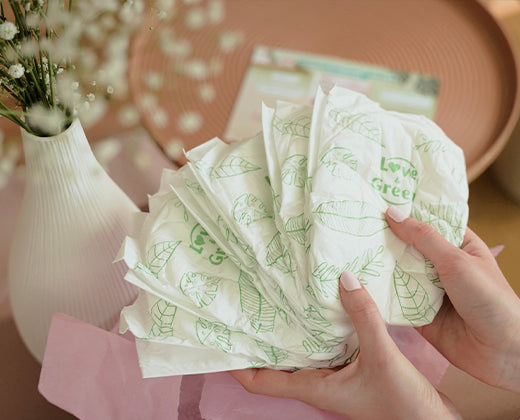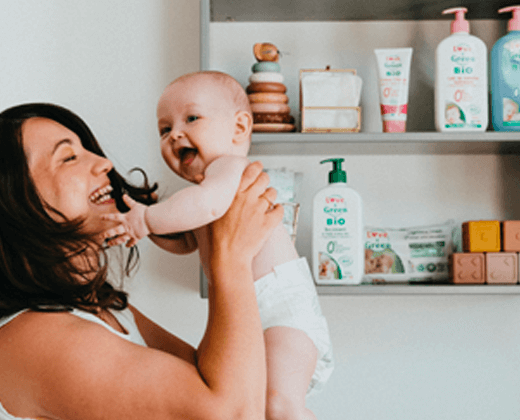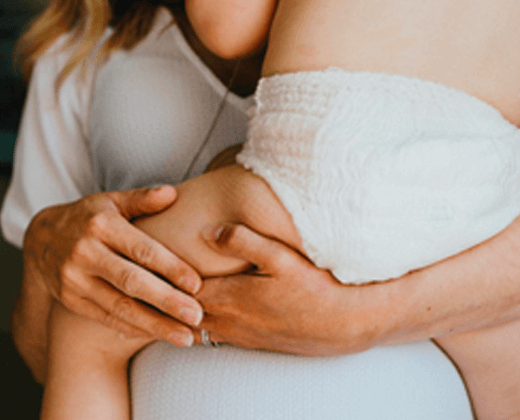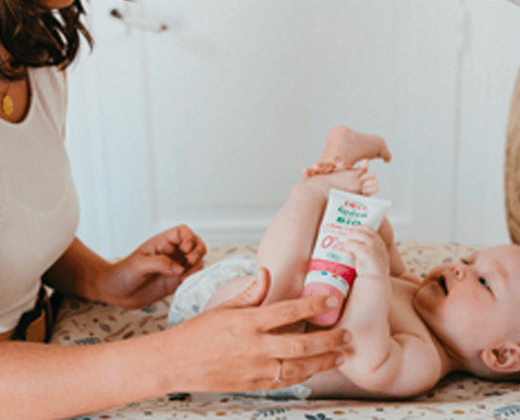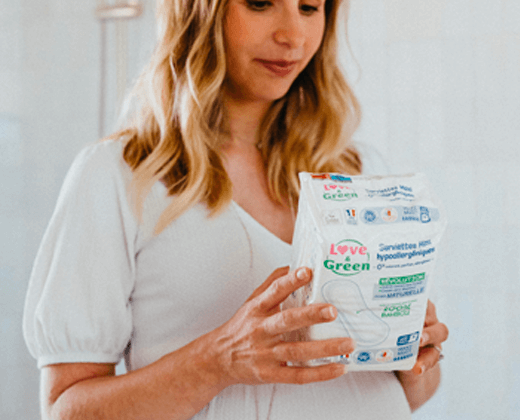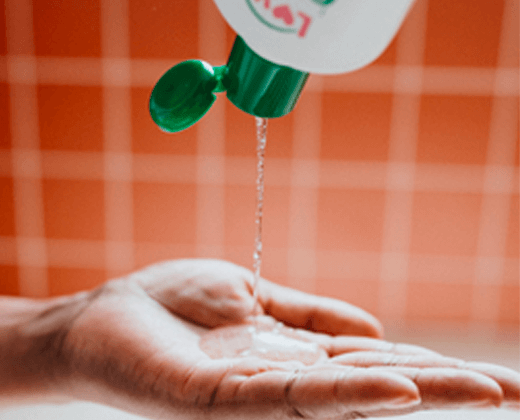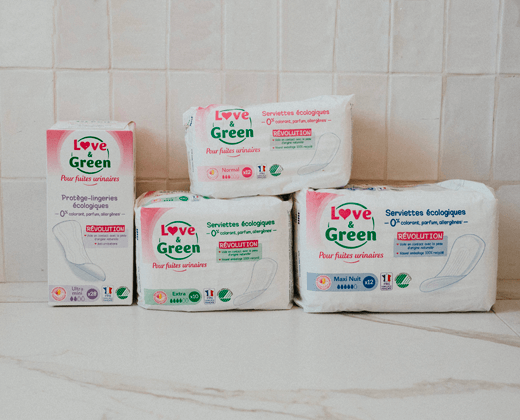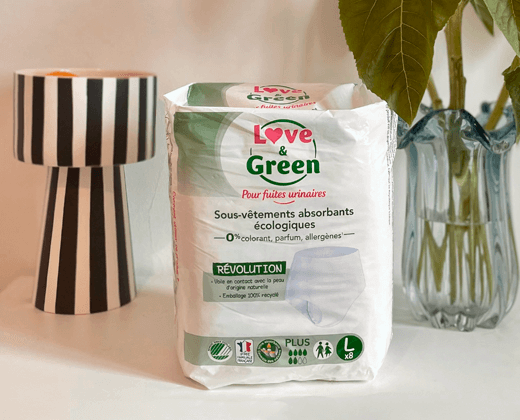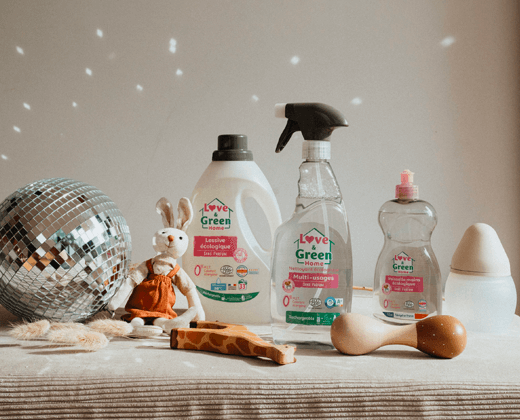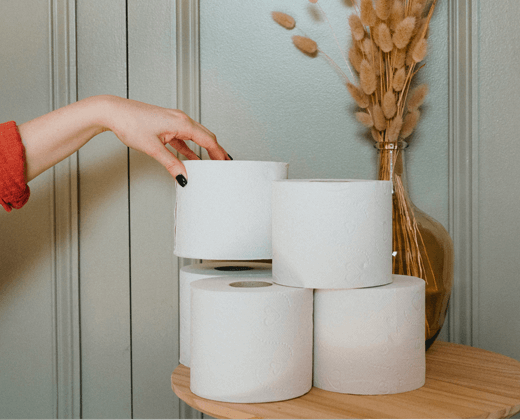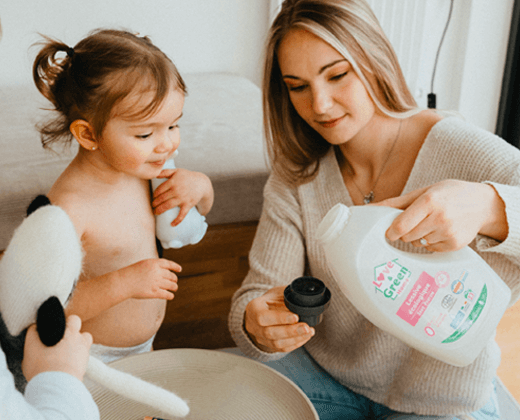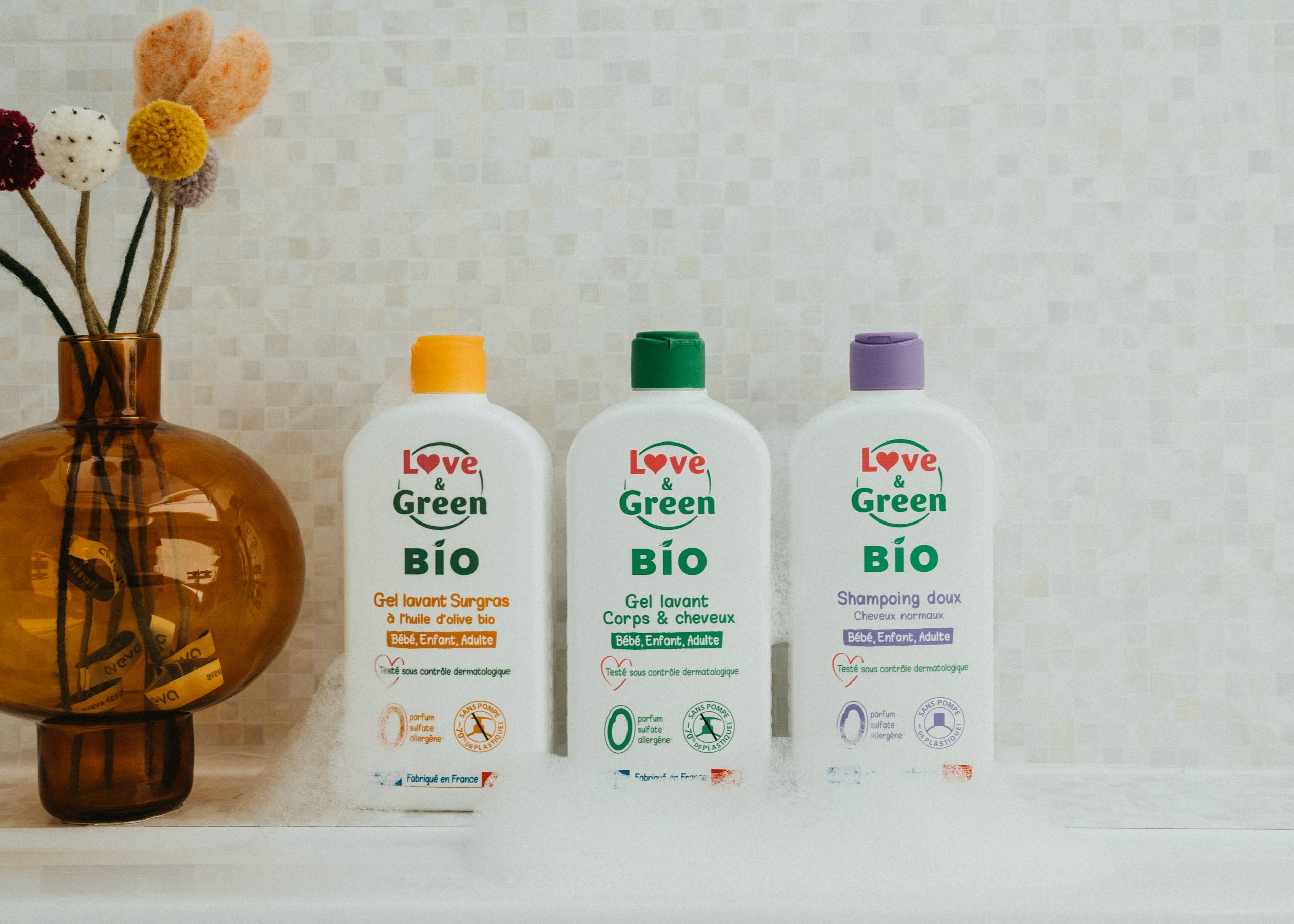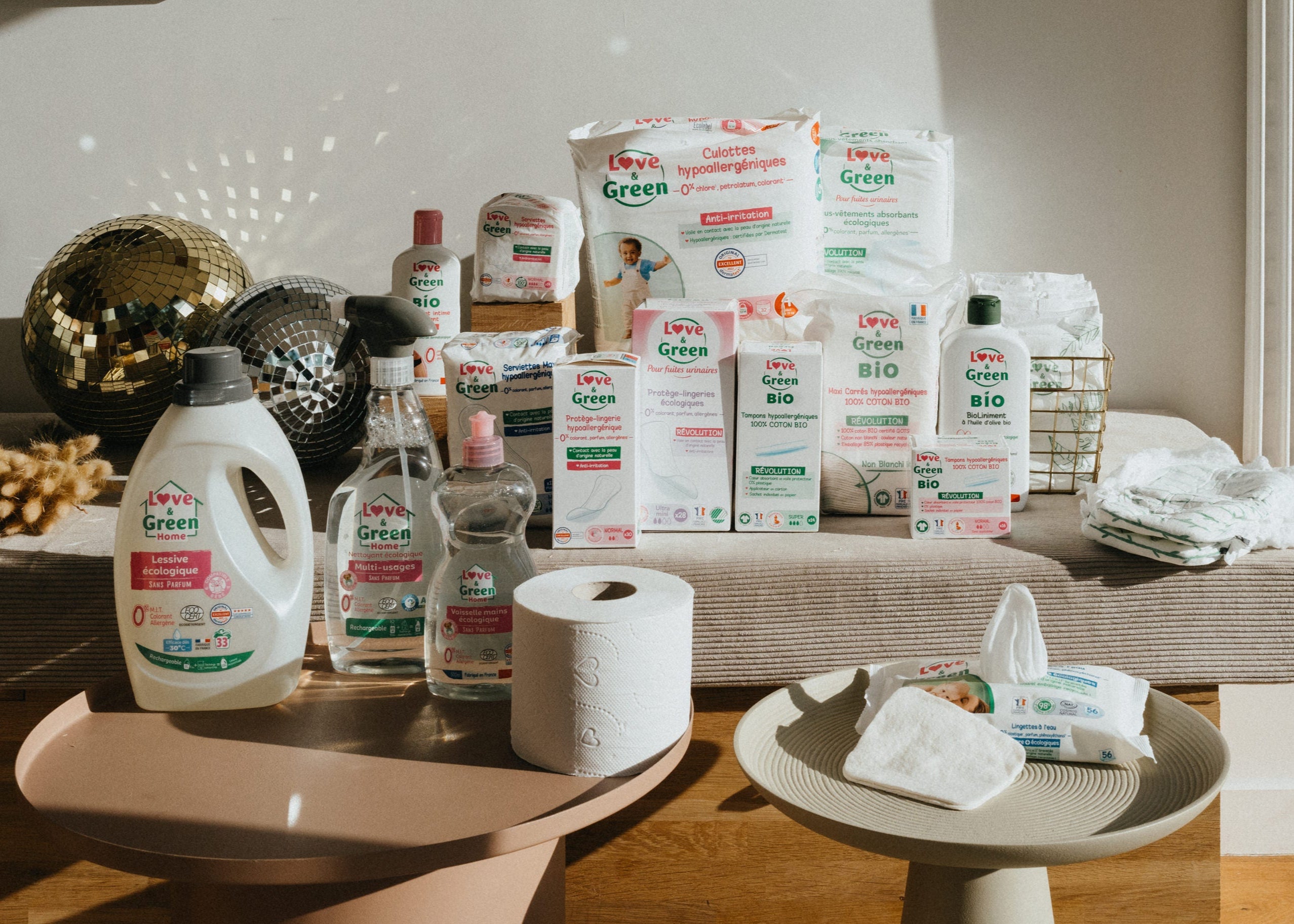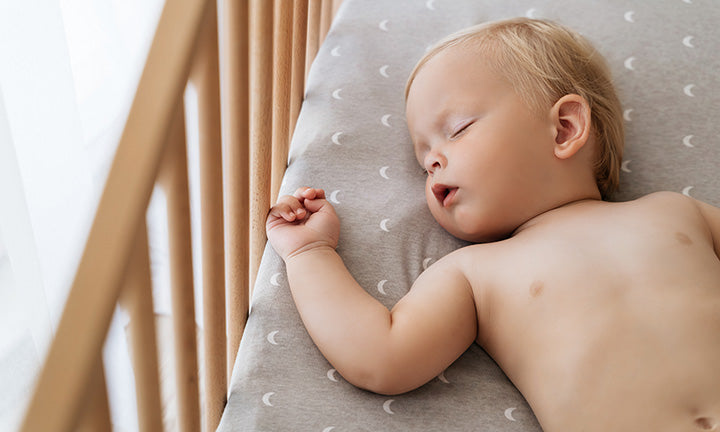How to prevent colds in your baby?
With the first cold weather, seasonal changes, or simply contact with other children, colds quickly become regular visitors in the lives of little ones. And that’s normal: THE immune system babies is still under construction, which makes them more vulnerable small infections, such as colds.
Fortunately, there is of the simple gestures to help your baby limit the risks to get sick, and to get through a cold better if he catches one.
Preventing colds: some useful daily reflexes
1. Strengthen your immunity naturally
The best way to protect a baby against viruses is to strengthen its natural defenses.
-
Breastfeeding, when possible, remains a major ally: breast milk provides antibodies which help to better resist infections.
-
If your baby has started food diversification, offer him some foods rich in vitamins (especially C and A) to support your immune system: carrots, sweet potato, citrus fruits, kiwi, broccoli, etc.
-
THE sleep also plays an essential role: a well-rested baby is a more resilient baby.
2. Reduce exposure to viruses
Colds are easily transmitted, especially by hands and objects.
Here are some simple actions to limit the risks:
- Wash your hands regularly, especially when returning from outside or after being in contact with sick people.
- Wash Also your baby's hands, several times a day. In the midst of his discovery phase, he touches everything — and everything often ends up in his mouth.
-
Outdoors, consider take away wipes to easily clean your hands.
-
Avoid passing baby from arm to arm, especially in winter or if loved ones have a cold.
-
Clean regularly THE toys, rattles and pacifiers : anything that often ends up in the mouth.
-
Try, as much as possible, to limit outings in busy or poorly ventilated places (transport, shopping centers) in the middle of cold season.
3. Protect it well without overheating it
The cold itself does not make you sick, but it can weaken the body if it is poorly managed.
-
Dress your baby depending on temperature : neither too much nor too little. The ideal is to overlap layers of clothing to be able to adjust easily.
-
Protect GOOD head, feet and hands, especially outdoors.
-
On the other hand, inside, avoid overheating the room : a temperature of 19 to 20°C in the room is enough.
4. Maintain a good level of humidity in the air
In winter, heating dries the air, which can irritate baby's small airways.
-
A humidifier in the bedroom can really help, especially if the air is very dry.
-
You can also simply place a bowl of water on the radiator or dry laundry in the room to naturally increase humidity.
- Ventilate the room every day, 10 to 15 minutes, even in winter, to renew the air.
What if, despite everything, your baby catches a cold?
Despite all precautions, catching a cold is part of what the immune system learns. And it doesn’t matter! Here's how you can relieve your baby at best:
1. Hydrate him and allow him to rest
-
Continue itbreastfeeding or bottle feeding as per usual. If he drinks a little less, offer more often.
-
The liquid helps thin mucus and soothe the throat.
-
Give him some rest : a baby with a cold may be grumpy or tired. Suggest quiet time, cuddles, portage if necessary.
2. Clear your little nose
As babies don't know how to blow their nose, it's often a blocked nose that bothers them the most.
-
Use of physiological serum or a sea water solution suitable for toddlers.
-
Instill a few drops in each nostril, then gently suction with a baby aspirator.
-
You can do this wash before meals and before bedtime, so that he can breathe better.
3. Help him breathe better at night
-
Raise the mattress slightly (never directly under the baby's head), by sliding a towel under the mattress at head level, to help the secretions drain.
-
Use a soft night light so as not to disturb sleep while allowing a reassuring awakening if necessary.
-
Keep a calm atmosphere and temperate in the room.
4. Fever, cough: when to consult?
A cold usually heals within a few days, but be attentive to certain signs which should lead you to consult your doctor :
-
Your baby has less than 3 months and made fever (beyond 38°C).
-
There fever persists for more than 2 days.
-
He denied to drink, hardly wets his diapers, seems sleepy or very irritable.
- He must trouble breathing, breathes quickly or wheezingly.
👉 In these cases, it is preferable to consult a doctor to rule out other infections (bronchiolitis, otitis, etc.).
Trust yourself
You are the person who knows your baby best.
If you have the slightest doubt — even in the absence of “big” symptoms — because it not acting as usual, do not hesitate to consult.
Summary:
You can't avoid all colds, but you can really help your baby experience them better.
-
In considerate : hygiene, sleep, humidity, breastfeeding, good nutrition.
-
In relieving : nose washing, rest, hydration, calm atmosphere.
-
In supervisor important signs : to know when to consult.
And above all, trust yourself. You are the person who knows your baby best. A little cold is never pleasant, but with your attention, your baby will get through this stage safely.
And you, what do you do to help your baby get through winter without too many runny noses? Share your little rituals or tips in the comments — they could inspire other parents!

